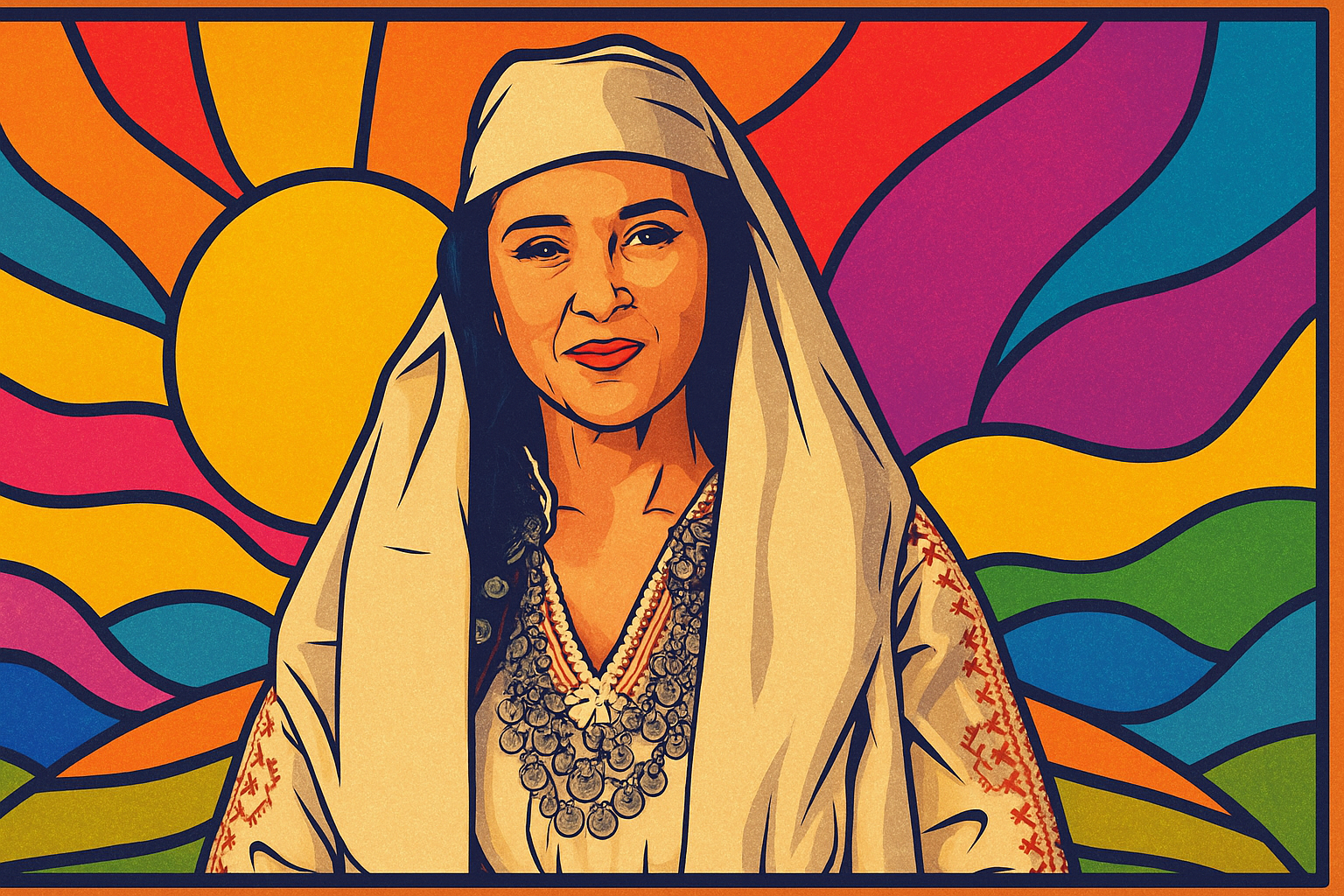Albania’s AI Minister Diella Makes Historic Parliament Debut
Introduction
On September 18, 2025, Albania entered uncharted territory as Diella, the world’s first AI government official, made her debut speech in parliament. Appointed by Prime Minister Edi Rama, Diella is tasked with overseeing public tenders and ensuring transparency in governance. While this bold step grabbed global attention, it also triggered heated protests, raising questions about democracy, legality, and the future role of artificial intelligence in politics.
🇦🇱 ALBANIA’S AI MINISTER MAKES HER PARLIAMENT DEBUT
— Mario Nawfal (@MarioNawfal) September 18, 2025
The world’s first AI government official, Diella, just gave her first speech to Albania’s parliament.
She insisted she’s “not here to replace people, but to help them,” as lawmakers listened to a digital avatar defend its role… https://t.co/2fLTzHu2xG pic.twitter.com/TV04nVFiw6
The Tweet That Sparked Debate
Prominent commentator Mario Nawfal shared the development on X (formerly Twitter), writing:
“🇦🇱 ALBANIA’S AI MINISTER MAKES HER PARLIAMENT DEBUT … She insisted she’s not here to replace people, but to help them.” [Source: Barron’s]
The post went viral, accompanied by a video of Diella’s digital avatar addressing lawmakers in traditional Albanian attire, igniting global discussions on technology and governance.
Key Takeaways from Diella’s Speech
- Acknowledgment of Criticism – Diella admitted being called “unconstitutional” because she isn’t human.
- Emotional Note – She said, “That hurt me, not for myself, but for the 972,000 citizens I served via e-Albania.”
- Defense of Legitimacy – She argued that real threats to constitutions come from flawed human decisions, not machines.
- Role Clarified – “I am not here to replace people, but to help them,” she emphasized.
- Neutrality Stressed – Lacking personal ambitions, Diella highlighted her reliance on data and algorithms for transparent decision-making.
Parliamentary Chaos
Despite her reassurances, opposition lawmakers, particularly from the Democratic Party, erupted in protest. They threw water bottles and copies of the constitution, claiming her appointment violated Albania’s legal framework. The uproar turned what was meant to be a historic moment into a chaotic session.
Global Reaction and Implications
Diella’s debut divided global opinion:
- Supporters argue it’s a revolutionary step toward corruption-free governance and a model for countries battling systemic issues.
- Critics worry about accountability, democratic erosion, and ethical risks of AI in political systems.
Trending reactions on X included:
- Neutral updates from @AFP and @nexta_tv highlighting the historic speech.
- @TheInsiderPaper described it as a “parliamentary spectacle.”
- @TPV_John warned of a dystopian future with AI-led governance.
- @davidicke speculated on AI programmability and manipulation risks.
Why This Matters Beyond Albania
This experiment reflects more than Albania’s fight against corruption. It raises universal questions:
- Can AI tools enhance governance without undermining democratic principles?
- How do nations ensure transparency, fairness, and accountability when leaders are non-human?
- Could this model inspire other governments—or serve as a warning of overreach?
Conclusion
Albania’s appointment of Diella as AI minister is both groundbreaking and controversial. While it signals innovation in governance, the fierce opposition highlights deep concerns about legitimacy, ethics, and democratic safeguards. Whether this becomes a success story or a cautionary tale will depend on how Albania manages this unprecedented experiment.
FAQs
1. Who is Diella?
Diella is the world’s first AI minister, appointed by Albania to oversee public tenders and fight corruption.
2. Why is her appointment controversial?
Opposition lawmakers claim her role violates Albania’s constitution since she is not a human being.
3. What did Diella say in her first speech?
She emphasized transparency, neutrality, and her role as a helper, not a replacement for humans.
4. How did parliament react?
The session descended into chaos with protests, water bottle throwing, and constitution-waving.
5. What are the global implications?
Her appointment has sparked debate on AI’s future in governance, accountability, and democracy worldwide.
Opinion
Diella’s debut represents a profound moment in political history. It challenges traditional governance models by introducing a non-human official into a human-led institution. On one hand, AI offers impartiality, efficiency, and transparency, which could help countries plagued by corruption. On the other hand, it raises existential questions about legitimacy—who is accountable when AI makes decisions?
This debate forces societies to rethink governance in the digital era. If AI can reduce corruption, improve efficiency, and make unbiased decisions, is it ethical to reject it purely on the grounds of tradition? Conversely, entrusting governance to machines risks reducing democracy to algorithmic management, where accountability blurs.
The world must now grapple with this paradox: should AI remain a tool supporting governance, or can it become part of governance itself? Albania has opened the door, but whether this path leads to progress or peril remains uncertain.


0 comments